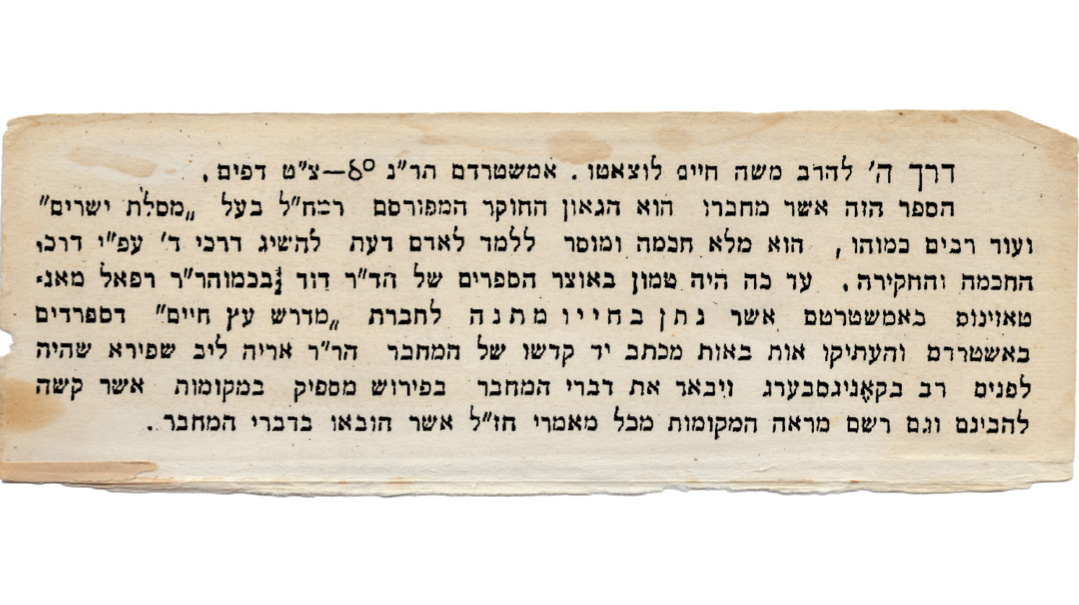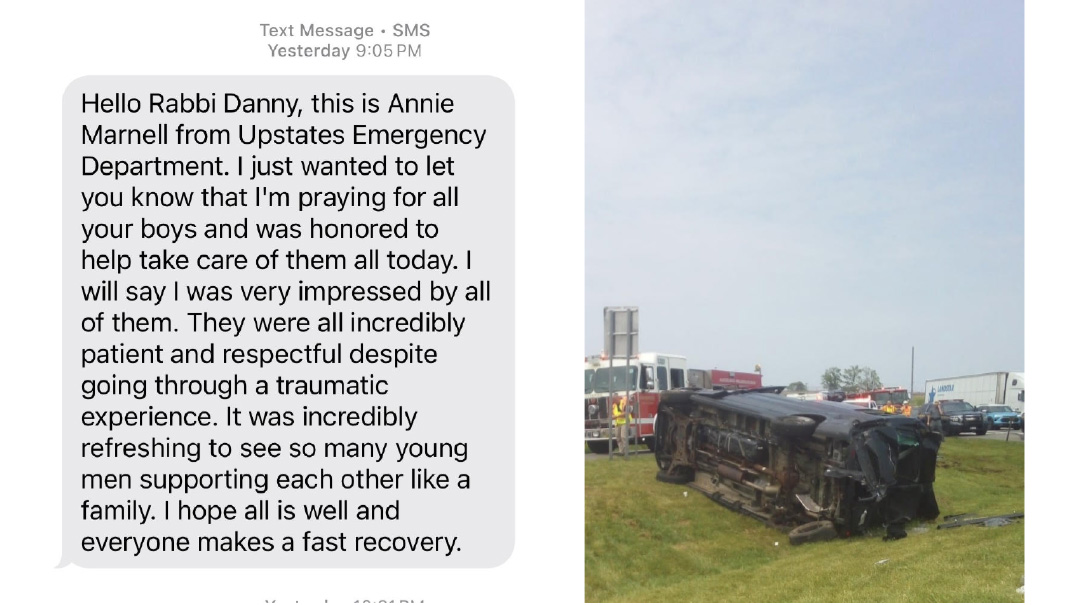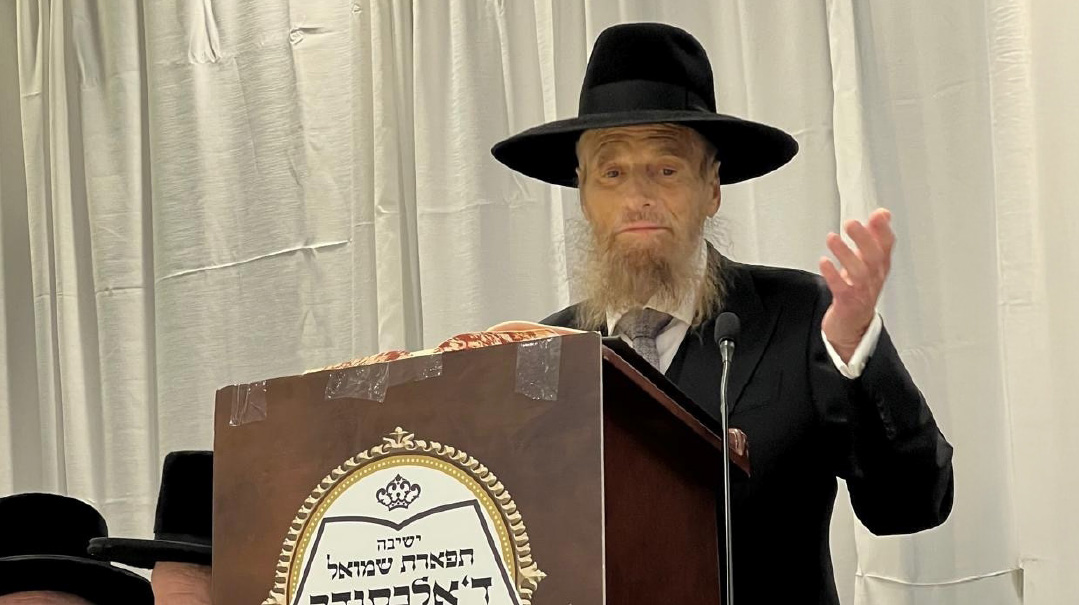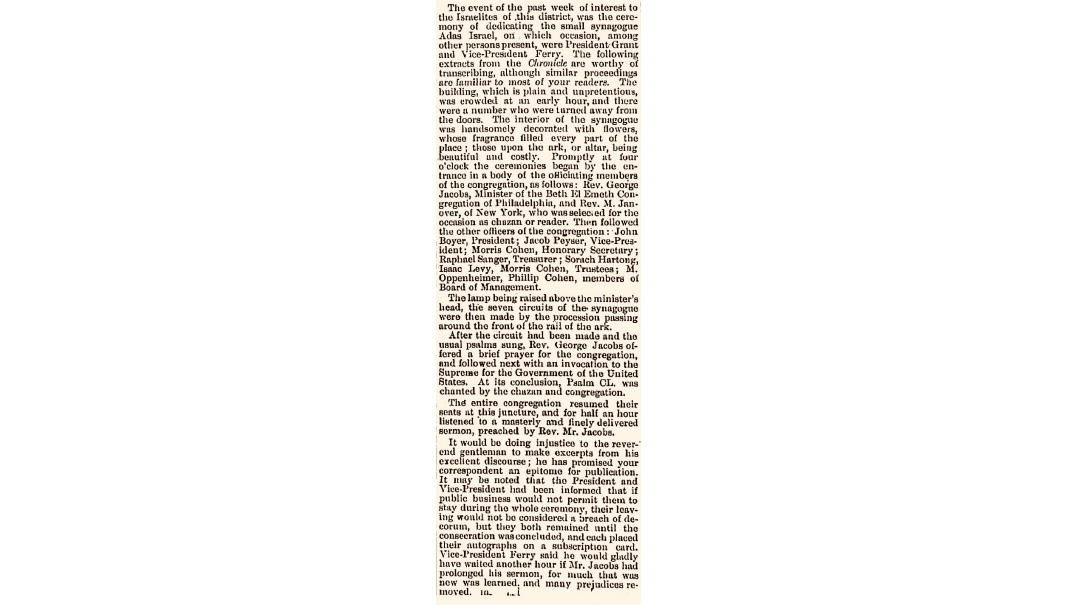The Moment: Issue 985
| November 7, 2023The axiom, “If there’s room in the heart, there’s room in the home” couldn't be more appropriate

Living Higher
Thousands of years ago, Avraham Avinu flung his doors open wide for passersby in need of a home. The millennia that have passed since then haven’t dulled that limitless hospitality — Avraham’s descendants have made it a national endeavor, especially during these days when entire towns in Israel’s south and north have been evacuated.
Jerusalem’s Ramat Eshkol neighborhood is one shining example. It began when three unfamiliar faces showed up in shul one morning. The shul’s members introduced themselves and the newcomers explained that they were from the south and were in desperate need of basic necessities. Within moments, they had the necessary funds to purchase whatever they needed. But the experience brought to light the desperate plight of evacuees, many left without a home. So a core group of women got together and advertised an event to be held for evacuees, expecting maybe ten women to show up; in the end, some 50 did.
Realizing the sheer number of evacuees left without shelter, the women founded an organization called “Mikol Halev,” and the axiom, “If there’s room in the heart, there’s room in the home” couldn't be more appropriate. This grassroots organization banded together with local real estate agents and succeeded in locating 80 vacant apartments in Ramat Eshkol and the surrounding neighborhoods whose owners happily consented to allow for the use of an evacuated family, and they’ve been spreading the word to the many Americans abroad who own apartments in Eretz Yisrael. Donors send furniture, high school girls buy groceries, Shabbos food is prepared by volunteers, and efforts are made to enroll the children in local schools. The group has also been facilitating activities for children, helping them find respite from the horrors they’ve experienced in recent weeks.
And as we open our homes, may Hashem open His, allowing all of Klal Yisrael access into the Bayis Hagadol V’Hakadosh.
Blessing off the Bus

On a blustery Friday morning, a Lakewood-bound bus left nearby Manchester carrying about 50 children, aged primary through third grade. As it neared a busy intersection, the driver braked a moment too late and collided with the car in front of it, sending its young passengers lurching forward. The crash was a minor one, but pandemonium ensued.
Hatzolah arrived shortly, followed by officers from the local police department, but fortunately, while some boys were in a state of shock, no one was hurt, and arrangements were made for a replacement bus to bring the boys to school. A half hour later, the boys were safely in their classrooms, the early morning unexpected turn of events just an unpleasant memory.
At dismissal time, though, many parents who came to pick up their kids took a detour on the way home. It was a short Erev Shabbos, but rather than head straight home, they made a stop at one of the student’s homes, where a full spread of nosh and Erev Shabbos treats had been laid out. The young talmidim made brachos out loud, and as more and more parents arrived, the bus-mates joined each other in song, dancing round and round to the words of “Chasdei Hashem ki lo samnu, ki lo chalu rachamav.”
The Lens

Gerrer Rosh Yeshivah Rav Shaul Alter began a whirlwind chizuk trip to the United States this week with Shacharis in Rav Eliyahu Herzka’s Khal Meor Chaim in Lakewood, where he shared a recurring theme: that while we all turn instinctively to tefillah during an eis tzarah, the key is to internalize that we are always dependant on Hashem, even when things seem to be running on autopilot. He gave the example of a hapless driver, who, desperate for a parking spot, pleaded with Hashem for help, promising to learn an extra few minutes if He would grant him a spot in the next few minutes. Not a moment after the prayer left his lips, a car in front of him pulled out, opening up the space for him. Relieved, the driver began backing into the space, but not before calling out, “Forget our deal. I just found one myself.”
(Originally featured in Mishpacha, Issue 985)
Oops! We could not locate your form.







